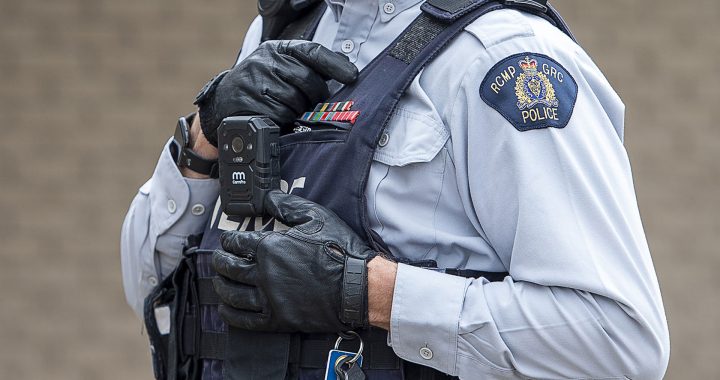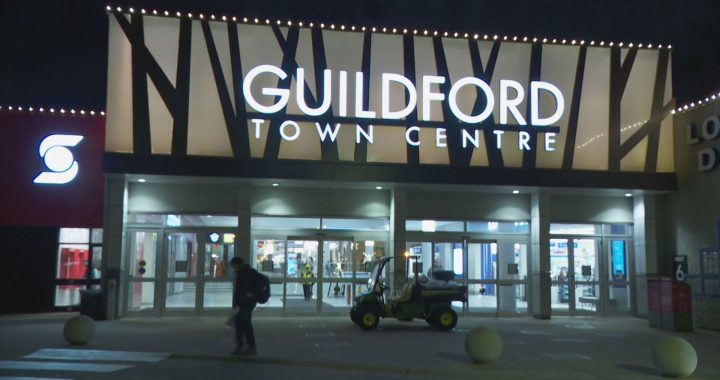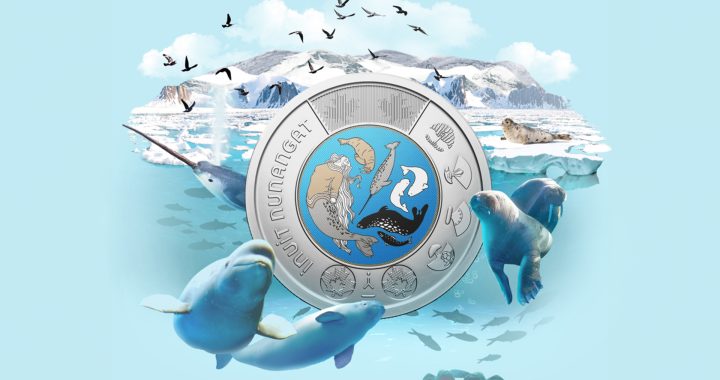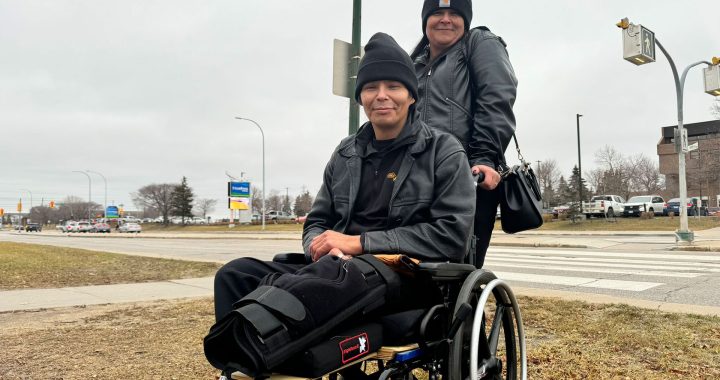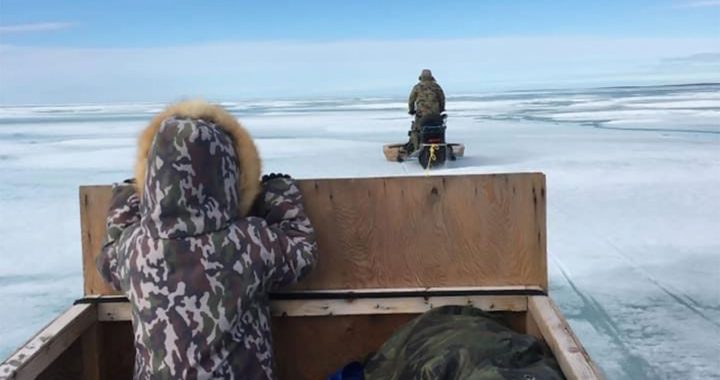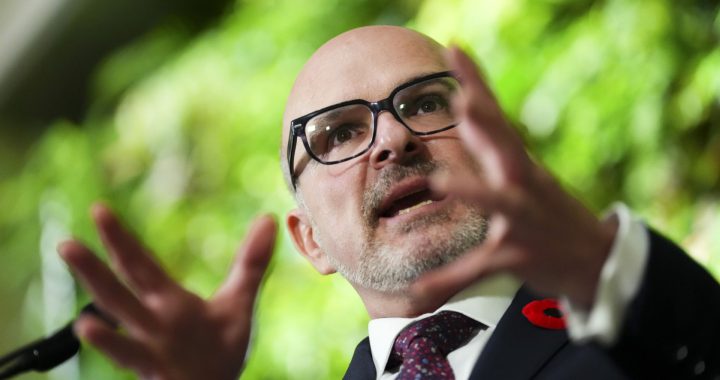
Thousands took to the streets of Ottawa for the Black Lives Matter march. Photo: Brett Forester/APTN
Thousands gathered in Ottawa on Friday afternoon in solidarity with the Black Lives Matter movement to protest a Minneapolis police officer’s alleged murder of George Floyd.
Julian Ford, an Inuit and Mi’kmaq man from Labrador told APTN News that he came to the protest to show support.
“I came here to support my Black brothers,” he said. “As an Indigenous people and as a minority we need to stand together whether you’re First Nation, Inuit, you know Black, Asians, whatever, as minorities we need to come together.
“This is not an issue that only Black people face. This is an issue that all minorities face.”
The entire crowd knelt in what has become a powerful symbol against police brutality outside of the U.S. Embassy on Sussex Dr., which is less than five minutes away by car from Rideau Cottage, where hours earlier Justin Trudeau addressed the nation.
“I think far too many Canadians feel fear and anxiety at the sight of law enforcement officers and authorities of various ways because we have, continue to have systemic racism in this country, systemic discrimination that means that Indigenous Canadians, racialized Canadians are, are vulnerable in these situations,” he said.
“This is not something that is new for racialized Canadians or Indigenous Canadians. This has long been their reality, but over the past weeks, we’ve seen a large number of Canadians suddenly awaken to the fact that the discrimination that is a lived reality for far too many of our fellow citizens is something that needs to end, and that is what we are working on.”
People clogged the streets standing shoulder to shoulder shouting “I can’t breathe,” and “Black lives matter.”
They jammed the street past the Senate, the Chateau Laurier and the Prime Minister’s Office. They gathered in front of Centre Block on Parliament Hill, under construction for at least the next decade.
All the while cries went out of “say their names” and “no justice, no peace.” People stressed the peaceful nature of the demonstration.

The march wound south through the downtown core before ending at the Canadian Tribute to Human Rights at City Hall.
Speeches followed and the slogans rang out even in French: “On veux le change – maintenant.” We want change now.
“The earth cries out with the blood of the innocent, with the blood of Aboriginals. We acknowledge you,” one man said in his speech.
The pattern of police violence against Indigenous people has also entered the spotlight along with anti-Black racism in Canada.
A video surfaced early this week showing a Nunavut RCMP officer hitting man with the door of a moving truck.
The prime minister said he’s going to have a discussion with RCMP Commissioner Brenda Lucki, while federal ministers have called it shocking, disturbing and disgraceful among other things. RCMP Nunavut were already facing five external investigations for incidents involving the public.
Also this week, Chantel Moore, a 26-year-old First Nations woman, was shot and killed during a wellness check by law enforcement in Edmundston, N.B.
Last week, B.C.’s Independent Investigation Office (IIO) recommended use of force and obstruction of justice charges against five RCMP officers related to death of Dale Culver, a Wet’suwet’en man who died in 2017 after an altercation with police.
But the focus Friday was squarely on anti-Black racism and justice for George Floyd.
While the prime minister admitted systemic discrimination exists and says more needs to be done, people on the ground called for actions.
On Thursday, Ottawa police said they respect citizens right for protest peacefully against injustice and said people could expect to see cops wearing surgical masks or other forms personal protective equipment (PPE).
“The voices and ideas of those who live here should be heard and shared,” Ottawa police said in a news release.

Dozens of police attended the protest, standing in groups of about four throughout the city. They remained aloof and rarely engaged with demonstrators.
Even as the speeches continued the crowd of people stretched for blocks.
Physical distancing was impossible, though nearly every person out of thousands wore masks.




